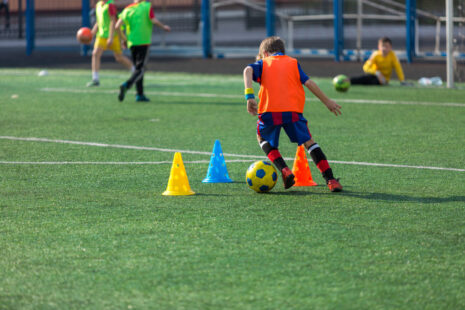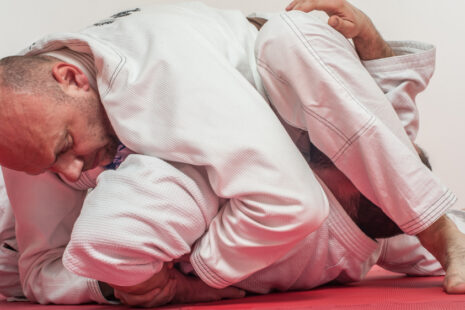The amount of sleep that gymnasts get can vary widely depending on factors such as training schedules, competition demands, age, individual sleep needs, and lifestyle factors. However, adequate sleep is essential for gymnasts to support recovery, physical performance, cognitive function, and overall well-being.
Experts recommend that adults aim for 7-9 hours of sleep per night to maintain optimal health and functioning. For adolescents and teenagers, who often have higher sleep needs due to rapid growth and development, the National Sleep Foundation recommends 8-10 hours of sleep per night.
Given the intense physical and mental demands of gymnastics training and competition, many gymnasts prioritize sleep as part of their training regimen to support recovery and performance.
However, the actual amount of sleep that gymnasts get may vary depending on factors such as…
- Training Schedule – Gymnasts often have early morning or late-night training sessions, which can impact their sleep patterns. Some gymnasts may need to wake up early for training before school, while others may have late-night training sessions that affect their bedtime routines.
- Competition Travel – Gymnasts may have to travel frequently for competitions, which can disrupt their sleep schedules due to changes in time zones, unfamiliar sleeping environments, and pre-competition nerves.
- Academic Commitments – Balancing gymnastics training with academic responsibilities can be challenging, and some gymnasts may sacrifice sleep to meet academic deadlines or study for exams.
- Recovery Needs – Gymnasts may require additional sleep during periods of heavy training, intense competition schedules, or after particularly strenuous workouts to support physical recovery and prevent overtraining.
While gymnasts may face challenges in getting adequate sleep, prioritizing sleep hygiene practices and establishing consistent bedtime routines can help optimize sleep quality and quantity. This may include…
- Maintaining a regular sleep schedule, even on weekends
- Creating a relaxing bedtime routine to signal the body that it’s time to wind down
- Creating a comfortable sleep environment that is dark, quiet, and cool
- Limiting exposure to screens (phones, computers, TVs) before bedtime
- Avoiding caffeine and heavy meals close to bedtime
- Practicing stress-reduction techniques such as meditation, deep breathing, or progressive muscle relaxation
The amount of sleep that gymnasts get can vary depending on individual circumstances and lifestyle factors, but prioritizing adequate sleep is essential for supporting optimal physical and mental health, performance, and recovery in gymnastics.




